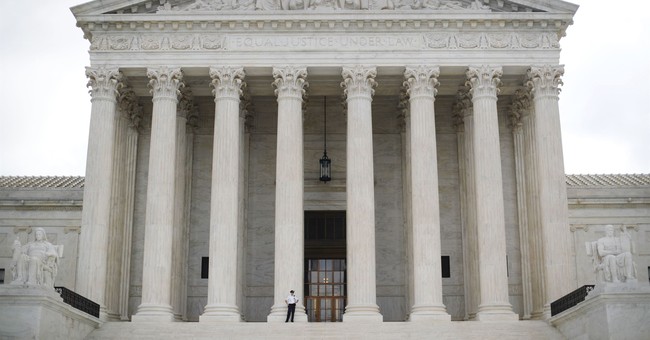
A little earlier today I posted about the Supreme Court ruling that the Catholic religious order, the Little Sisters of the Poor, did not have to provide contraceptive coverage. There was a second win for religious liberty today, also 7-2, for the ability of religious schools to hire and fire staff free from secular oversight.
Eight years ago, in Hosanna-Tabor Evangelical Lutheran Church & School v. Equal Employment Opportunity Commission, the Supreme Court ruled that teachers at religious schools had no recourse to litigation if they were fired if they performed religious duties such as instructing students in religion, etc., even though that was not a primary function of their job.
One would have thought that would be the last word on the issue. Obviously you can’t have government interference in personnel decisions inside of religious organizations without interjecting secular government deeply into the operations of those organizations. Even if one agrees that some injustices will occur, it doesn’t take much imagination to see how much mischief would be possible were persons with a religious role within a religious organization able to litigate employment issue.
But to have thought that the last word has been spoken on religious freedom, one would have to imagine that the Ninth Circuit does not exist. That brings us up to today.
The Supreme Court on Wednesday said two parochial school teachers could not contest their firings in federal court because of the constitutional protection allowing religious organizations to choose who teaches the faith.
The 7 to 2 decision affirms the “ministerial exception” that protects religious organizations from some lawsuits invoking federal anti-discrimination laws. Justices Ruth Bader Ginsburg and Sonia Sotomayor dissented.
Judges on the U.S. Court of Appeals for the 9th Circuit in San Francisco had said two teachers could proceed with their lawsuits against Catholic schools in California.
One teacher alleged age discrimination, and another, now deceased and represented by her husband, said she was fired after informing the school that she had breast cancer.
“The religious education and formation of students is the very reason for the existence of most private religious schools, and therefore the selection and supervision of the teachers upon whom the schools rely to do this work lie at the core of their mission,” Justice Samuel A. Alito Jr. wrote for the majority.
“Judicial review of the way in which religious schools discharge those responsibilities would undermine the independence of religious institutions in a way that the First Amendment does not tolerate.”
Agnes Morrissey-Berru, a teacher at Our Lady of Guadalupe School, alleged age discrimination. Kristen Biel alleged she was fired because she wanted time off to get treatment for breast cancer. In both cases, lower courts had granted summary judgment to the schools based on the Hosanna Tabor ruling. The Ninth Circuit overturned those rulings and said that they could sue. This is Justice Alito writing for the majority:
When we apply this understanding of the Religion Clauses to the cases now before us, it is apparent that Morrissey-Berru and Biel qualify for the exemption we recognized in Hosanna-Tabor. There is abundant record evidence that they both performed vital religious duties. Educating and forming students in the Catholic faith lay at the core of the mission of the schools where they taught, and their employment agreements and faculty handbooks specified in no uncertain terms that they were expected to help the schools carry out this mission and that their work would be evaluated to ensure that they were fulfilling that responsibility. As elementary school teachers responsible for providing instruction in all subjects, including religion, they were the members of the school staff who were entrusted most directly with the responsibility of educating their students in the faith. And not only were they obligated to provide instruction about the Catholic faith, but they were also expected to guide their students, by word and deed, toward the goal of living their lives in accordance with the faith. They prayed with their students, attended Mass with the students, and prepared the children for their participation in other religious activities. Their positions did not have all the attributes of Perich’s. Their titles did not include the term “minister,” and they had less formal religious training, but their core responsibilities as teachers of religion were essentially the same. And both their schools expressly saw them as playing a vital part in carrying out the mission of the church, and the schools’ definition and explanation of their roles is important. In a country with the religious diversity of the United States, judges cannot be expected to have a complete understanding and appreciation of the role played by every person who performs a particular role in every religious tradition. A religious institution’s explanation of the role of such employees in the life of the religion in question is important.
This is how he demolishes the claim pushed by the Morrissey-Berru and Biel that they did not serve as ministers of any kind:
They were Catholic elementary school teachers, which meant that they were their students’ primary teachers of religion. The concept of a teacher of religion is loaded with religious significance. The term “rabbi” means teacher, and Jesus was frequently called rabbi.
And finally
…When a school with a religious mission entrusts a teacher with the responsibility of educating and forming students in the faith, judicial intervention into disputes between the school and the teacher threatens the school’s independence in a way that the First Amendment does not allow.
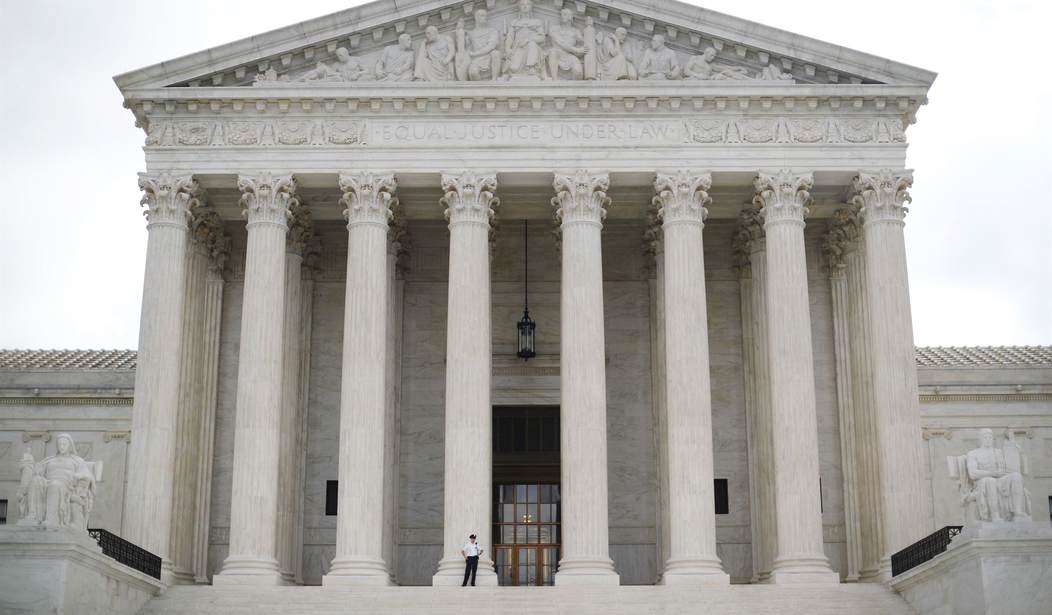
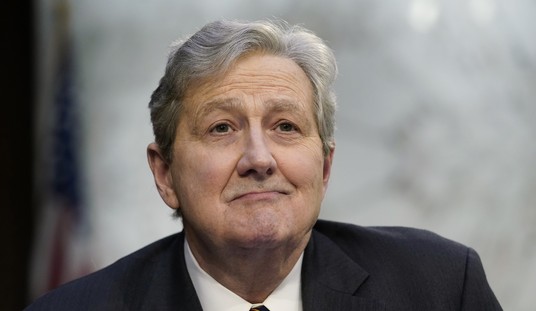
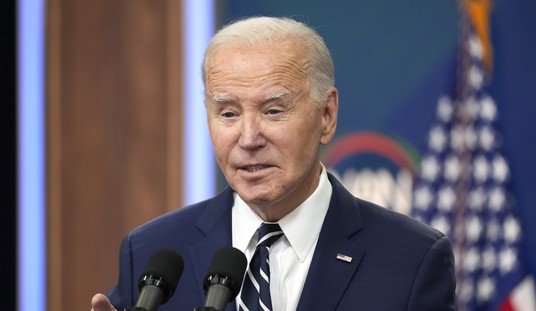
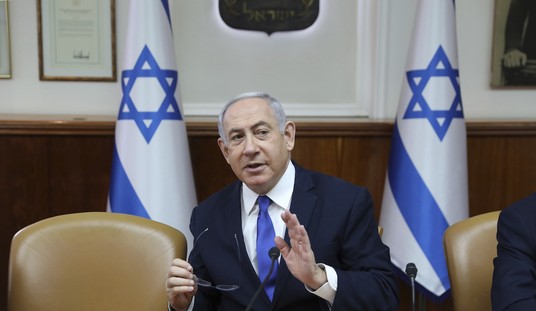
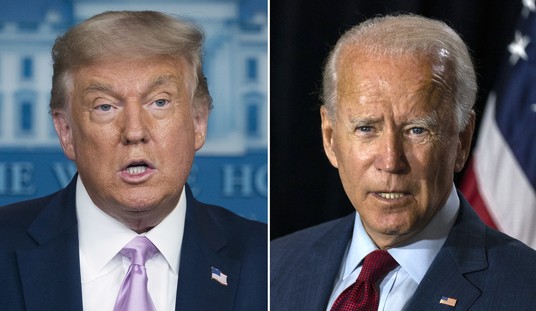
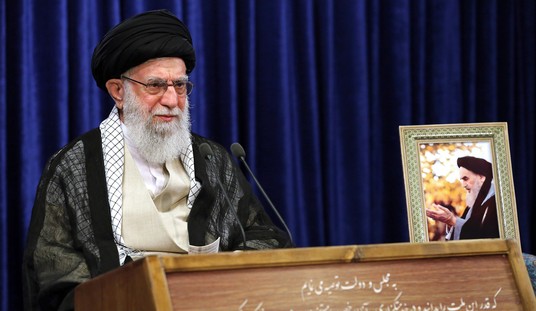
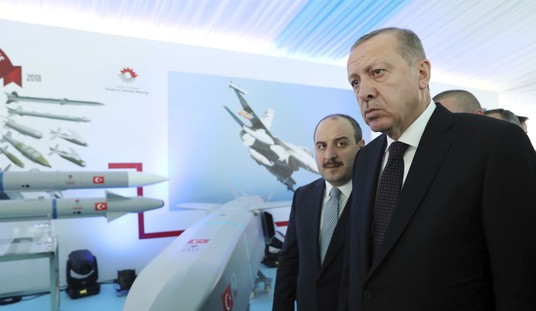

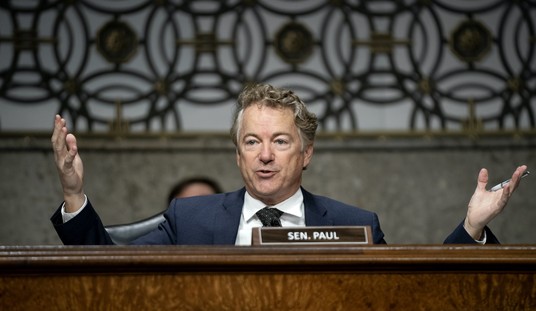
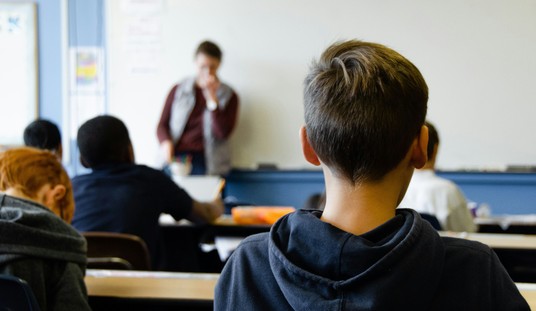
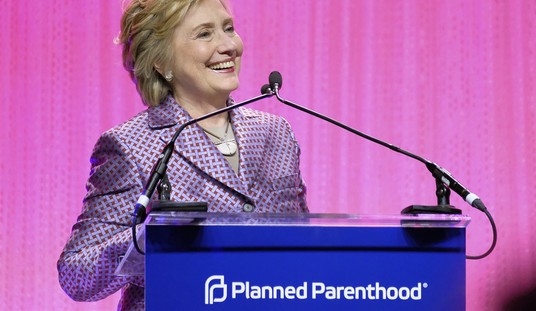

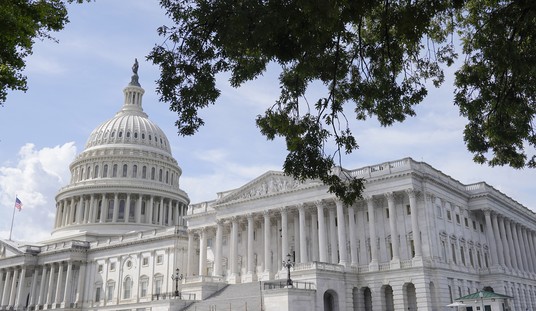
Join the conversation as a VIP Member